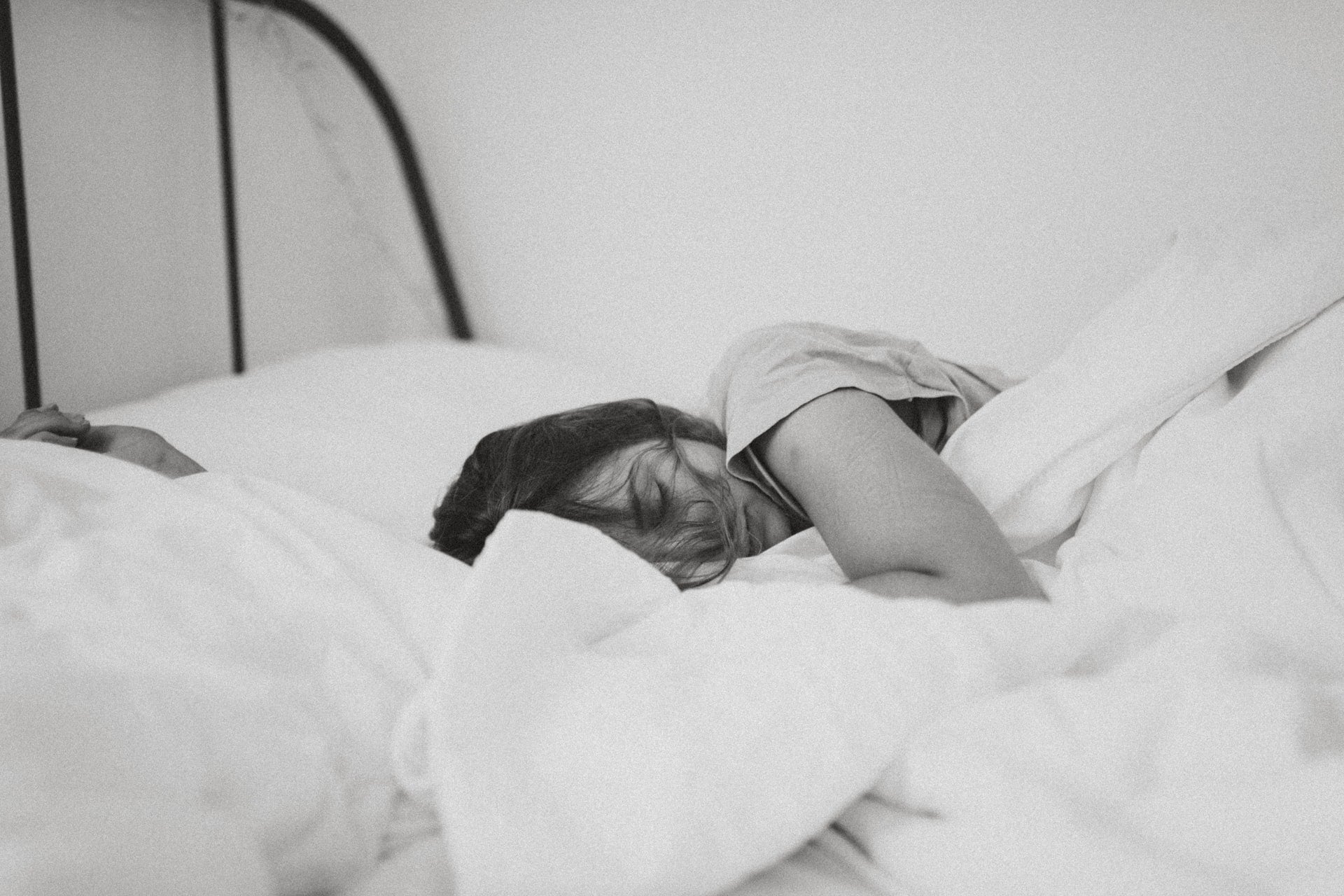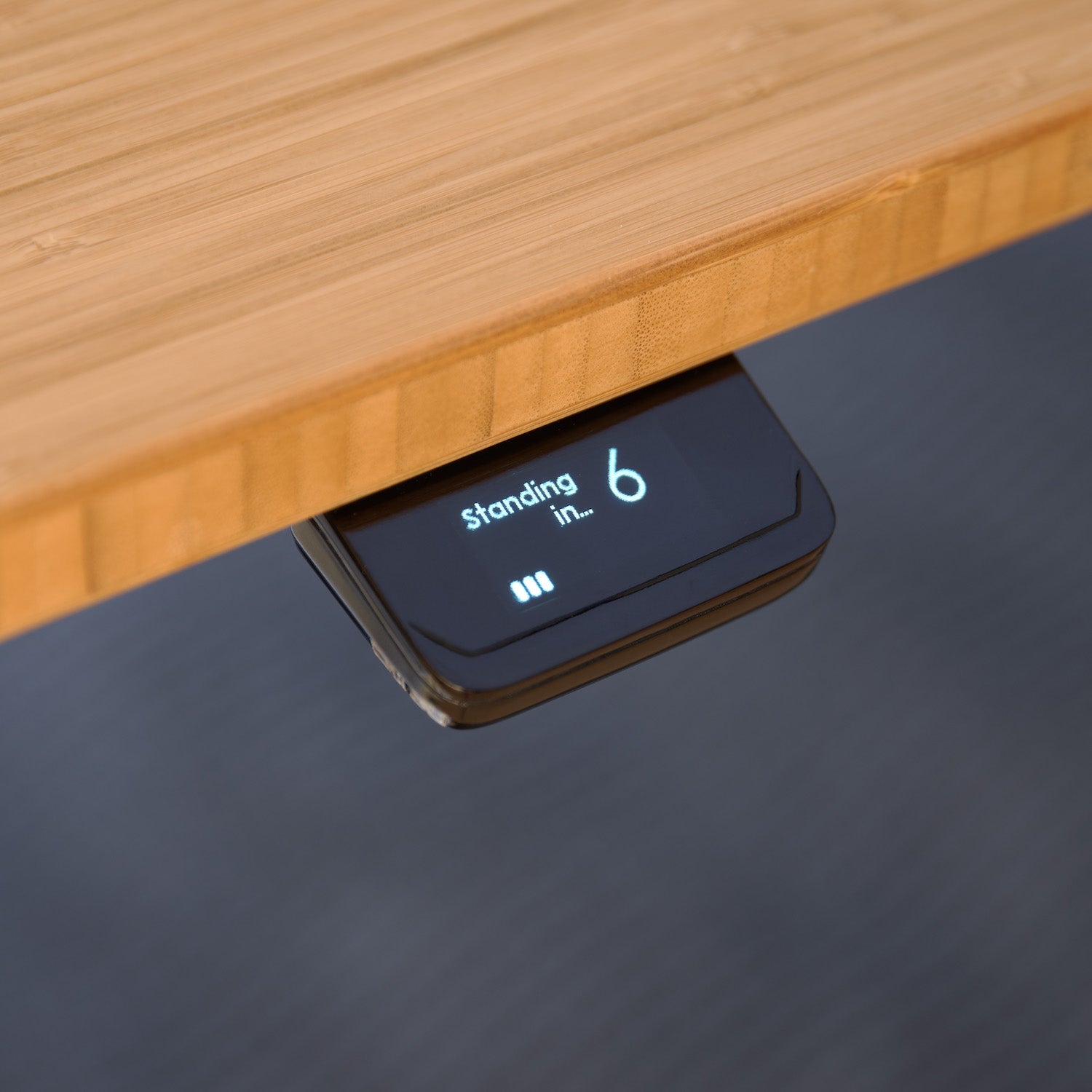What if there was a single way to boost your physical and mental performance, stabilize your mood, improve your recovery, increase your immunity, and reduce your injury risk? There is: sleep. But although your mom, the media, and just about every health expert have been telling you that you need to get eight hours for as long as you can remember, chances are that you’re not, at least if the numbers are anything to go by. According to the CDC, a third of American adults aren’t getting even seven hours of shuteye, and the National Sleep Foundation reports that among those who are, 45% call their sleep quality “poor” or “only fair.” Here are five research-backed tips to help you solve your sleep issues and start getting the rest you so need.
1) Return to Reading
After a long, tiring day, we understand the temptation to plop down on the couch and binge watch whatever the latest hot show is on Hulu, Apple TV, or Netflix. But the trouble is that while this is an easy routine to fall into, it’s probably contributing to that “tired and wired” feeling that staring at a screen for your entire workday gives you. If you decide to still fire up a movie in the evening, either ensure that you stop at least two hours before bedtime or wear a pair of blue light-blocking glasses to mitigate the stimulating effects of your widescreen setup.
Better yet, ditch tech altogether at night and crack open a good book. Research conducted at the University of Sussex in England found that as little as six minutes of reading can reduce stress by up to 68 percent, making a good night’s slumber more likely. Another study led by Dr. Josie Billington from the University of Liverpool (these Brits are really into their literary research) concluded that dedicated readers were less depressed, had higher self-esteem, and were more empathetic.
That being said, not all forms of nighttime reading are recommended. A team of researchers at the University of Bergen in Norway found that when participants read on an iPad for 30 minutes before bed, the onset of restorative, slow-wave sleep was delayed by the same amount of time. So dust off a paperback or hardback instead.
2) Bring Back the Bath
With the increasing popularity of contrast therapy and the elevation of folks like Wim Hof to near-celebrity status, ice baths and freezing cold showers have gone beyond the biohacking community and into the mainstream. But if you want to get better sleep, you might want to go to the other end of the temperature spectrum and embrace heat in the evening instead.
Everyone from Winston Churchill to John F. Kennedy to Richard Branson has extolled the virtues of a daily soak, and if you’ve ever slipped into warm water after a hard workout, you’ll remember how good it feels. Yet in recent years, science has started to catch up with anecdotal evidence, and there are now several studies to show the beneficial effects of taking to your tub on a regular basis. A group of Biomedical engineers at the University of Texas at Austin reviewed the existing literature and found that relaxing in a hot bath 90 minutes before bed hits a sleep-promoting sweet spot. Want to get really precise? Heat your water to between 104 and 109 degrees.
3) Summon Sleep Sounds
If you struggle to wind down in the evening, another tactic you might want to try is creating a relaxing playlist. A trio of Swedish scientists divided students who struggled with various sleep problems into two groups and had one listen to classical music for 45 minutes while the other played an audiobook for the same amount of time. They discovered that only the music listeners improved their sleep quality.
Now if you hate classical music, you’re probably rolling your eyes right now. The good news is that you don’t have to pipe an orchestra into your ears to tap into the sleep-boosting effects of music. A paper released via PLOS ONEfound that any kind of music – from rock to pop to electronic to metal – could speed sleep onset and help people chill out in the evening. The key? Find something that you find soothing or relaxing, rather than sticking to a genre that others would consider to be so.
Trying to catch up on lost sleep with an afternoon siesta? A study published in the journal Nature found that listening to music beforehand improved nappers’ subjective and objective sleep quality.
4) Stimulate Your Autonomic Nervous System
This is a boring subtitle, isn’t it? Maybe we should’ve called this section, “Getting on Your Last Nerve” or something similar. Anyway, copywriting dilemmas aside, another way to prime yourself for optimal sleep is to trigger a parasympathetic response that will help your body break out of a stressed (aka sympathetic) state.
There are a couple of different ways to do this. The first and simplest is to focus on slow, nasal-only breathing for a few minutes. There are plenty of protocols for relaxing breathing, so let’s look at what the latest science suggests. Findings published in the aptly named journal Breathe included several different inhale-exhale cadences, but the co-authors concluded that taking six breaths a minute produced the greatest relaxation. To hit this target, inhale through your nose for five seconds and then exhale for five.
Another way to downshift in the evening is to stimulate your vagus nerve, which helps balance the autonomic nervous system, with abdominal massage. To do so, lie down on a yoga or stretching mat and place a soft ball under your belly. Then slowly roll it back and forth and up and down, pausing to sink into any spots that might be sore from exercise or everyday activity. Doing this for five to 10 minutes at night can help ready you for a restful sleep.





















